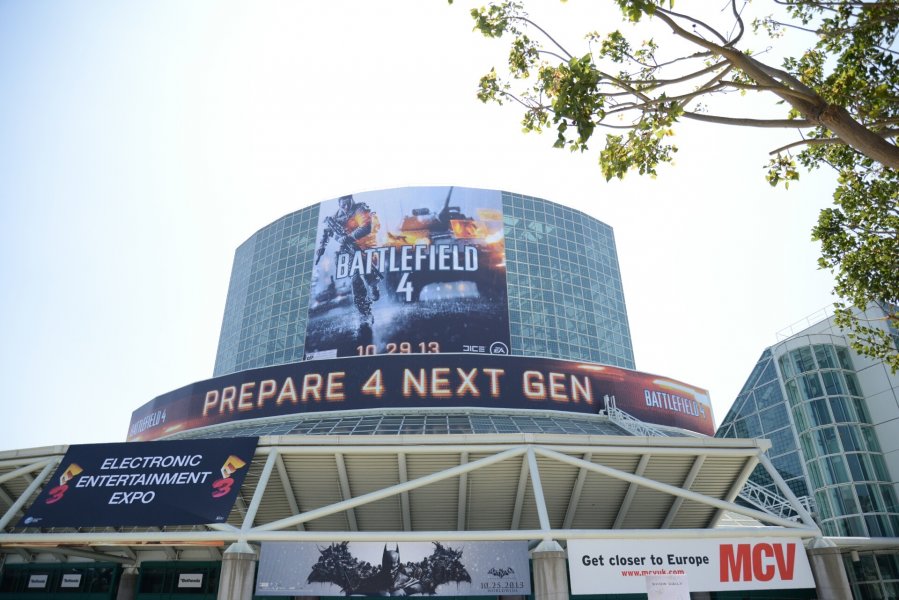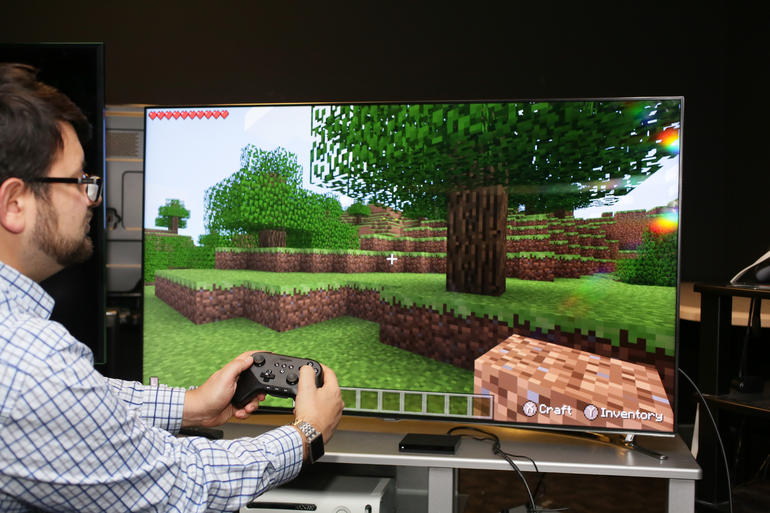
The End of the Console
Whether you want to believe it or not, the current generation of consoles of the Xbox One and the PlayStation 4 are, for the most part, not like any of the previous 30 years of console hardware. For the first time we’re seeing (almost) off the shelf PC components being used to power the systems. It’s also the first time we can easily benchmark the consoles against current PC hardware on an even playing field - and high end PCs are already ahead.
This is completely different than what we’ve seen in the past. Consoles usually have a head start of 2 years or more until PCs can catch up. The advantage of the closed platform, integrated hardware, and tight development libraries always gave consoles advantages. And while the Xbox One and PlayStation 4 are still closed systems, the other advantages simply don’t exist.
If consoles are getting weaker, PCs are getting stronger. The biggest complaint PC gaming has had over the years had to do with accessibility. Users don’t want to worry about drivers, upgraders, etc etc. But numerous technologies are pushing things forward. Steam is the obvious golden child here and Valve’s upcoming Steam Box initiative could push things even further down that path giving home users a console like experience for PC games.
Several other technologies are emerging too - streaming games between devices and datacenters are becoming more popular and even realistically possible. Amazon recently released the Fire TV - an Android based set top box for $99 backed by veteran game talent making...smaller indie style games.

It really seems as if the traditional game console is on its way out. It’s said almost every generation, but it’s rarely backed by trends or data. Which begs the question as to whether Microsoft, Sony and Nintendo will invest in a future device. If there’s one trend that transcends the console market it’s that software companies are turning into service companies. With most of the consoles already working towards PC architecture, could we see carefully curtailed services from Microsoft and Sony on PC next generation instead of an investment on hardware they barely break even on?
If the last generation is anything to go by, the industry is going to look a lot different in six or seven years. For now games have gone back to being smaller experiences with tighter budgets and smaller teams. But the quality hasn’t suffered, instead thanks to improvements in tools we’re seeing great games created by both veteran and new developers alike.